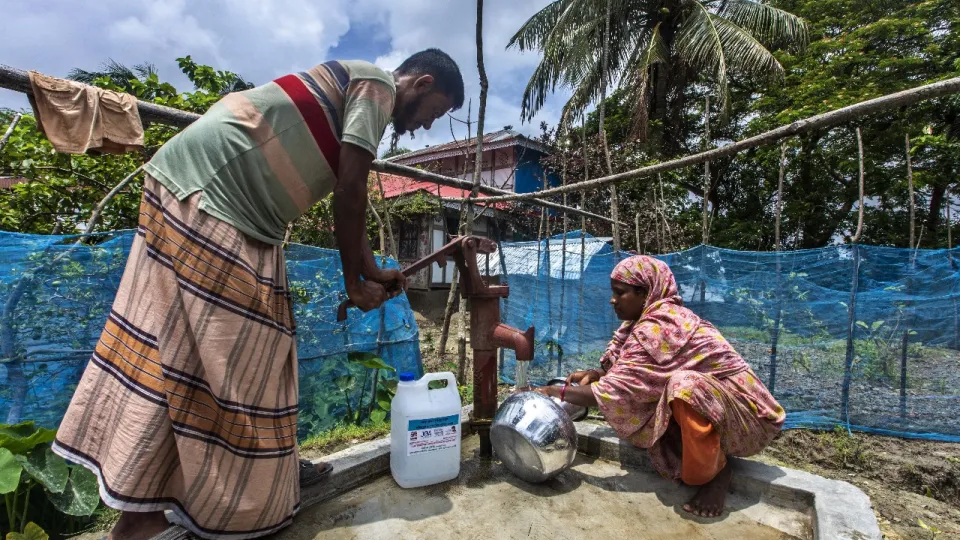
Case Study: Cyclone Remal, Bangladesh
The document discusses the response to Cyclone Remal in Bangladesh, highlighting anticipatory actions and layered funding mechanisms for disaster management.

The document discusses the response to Cyclone Remal in Bangladesh, highlighting anticipatory actions and layered funding mechanisms for disaster management.
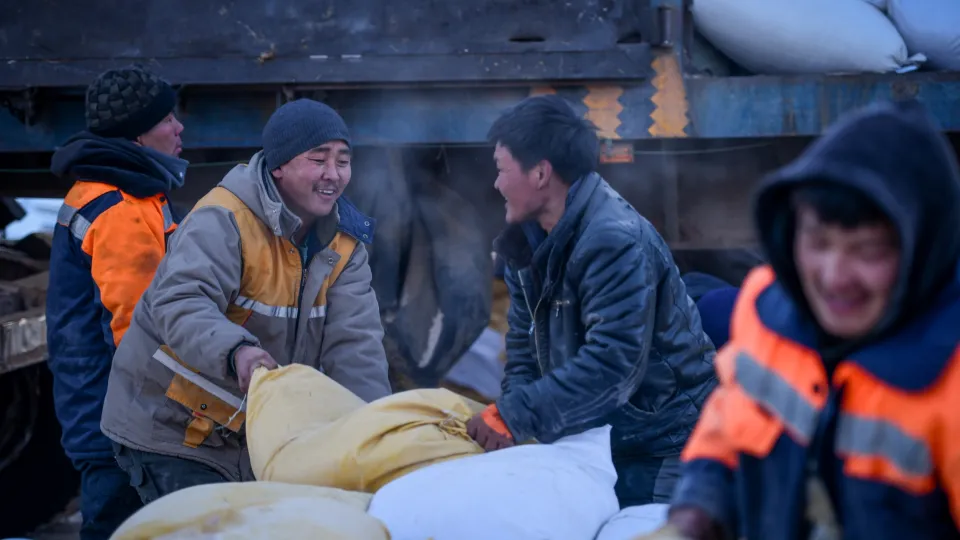
Early actions by World Vision provided assistance at a critical time before the peak of the Dzud in 2023.
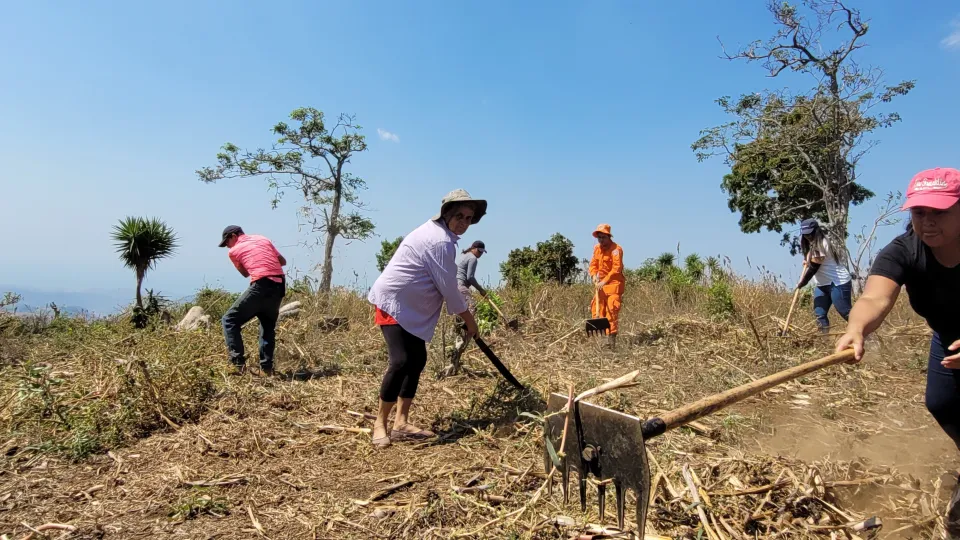
This anticipation alert provided timely assistance to households in isolated rural areas who had previously been victims of land dispossession during the armed conflict.
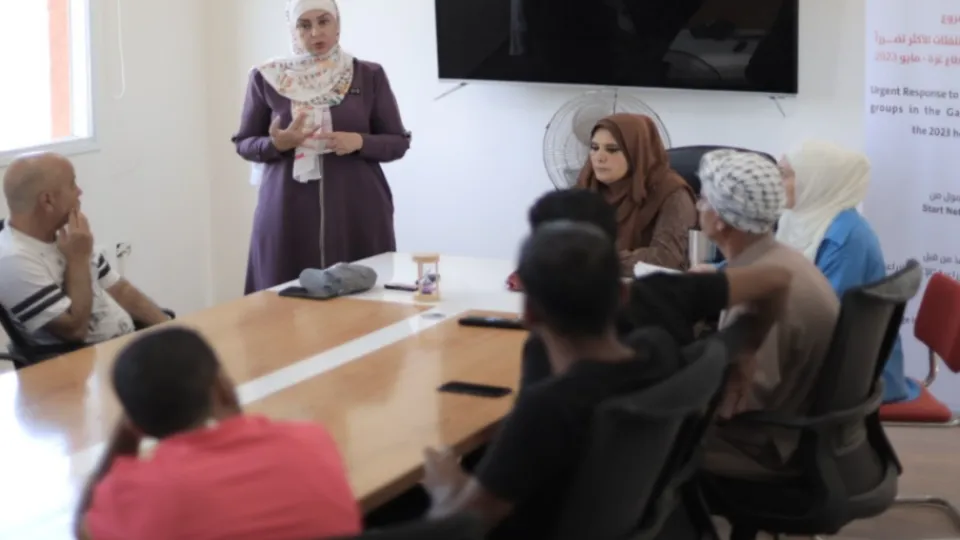
Extreme high temperatures were forecast to affect the Gaza Strip by the Palestinian Meteorological Department (PMD), peaking from June through to August 2023.

With a predicted landfall on the 16th of June 2023, Start Network member SEEDS raised an anticipation alert and commenced anticipatory action for Cyclone Biparjoy.

Following an anticipated five-fold upsurge in migration across the dangerous ‘Darien Gap’ crossing, from Colombia into Panama, CADENA was able to act early to support already stretched local government actions.
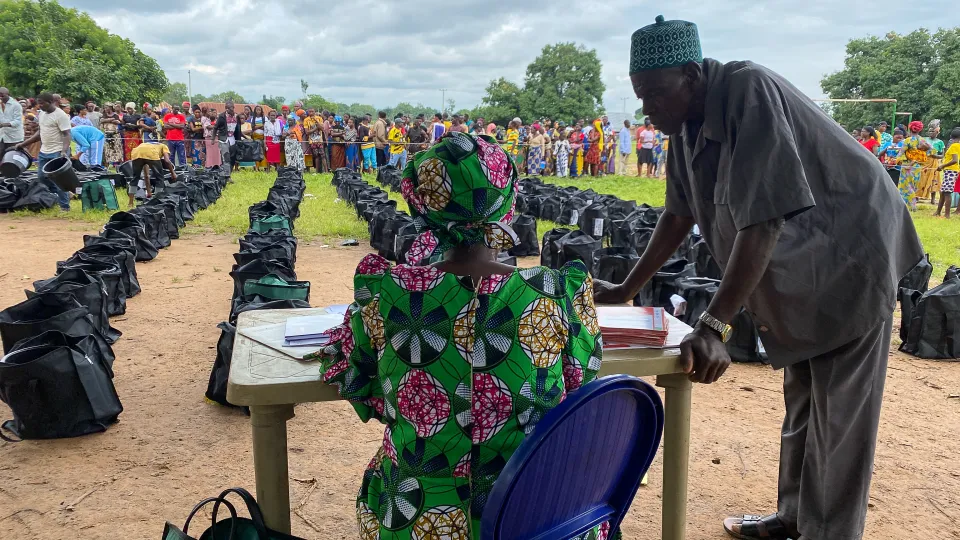
In 2022 in Nigeria, our members responded in Benue and Kogi, in anticipation of heavy rain and flooding.

The crisis in Burkina Faso is one of the fastest-growing humanitarian crises in the world, with over 2 million people internally displaced and around a quarter of the country’s population currently relying on humanitarian aid.
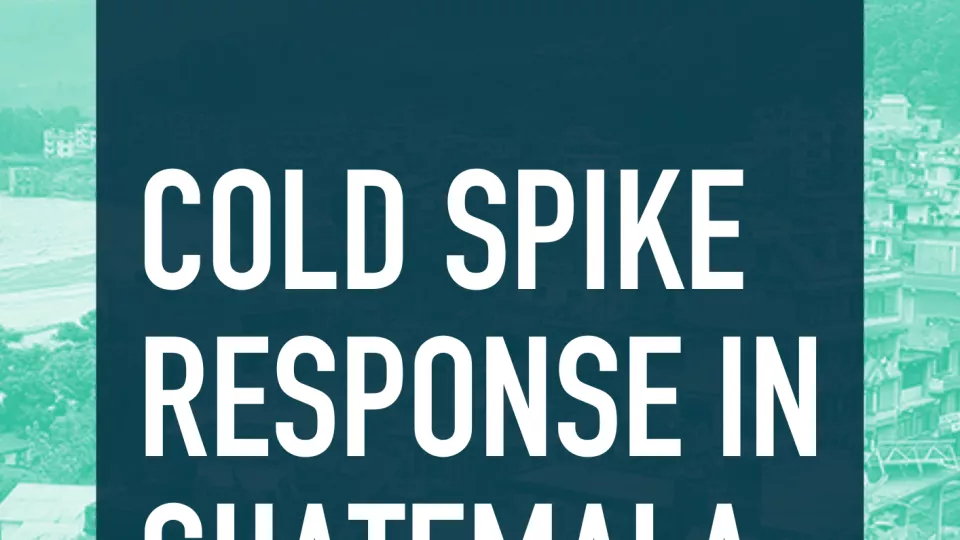
A case study of CADENA's response to cold spikes in Guatemala, in consortium with ASECSA and ADAM.
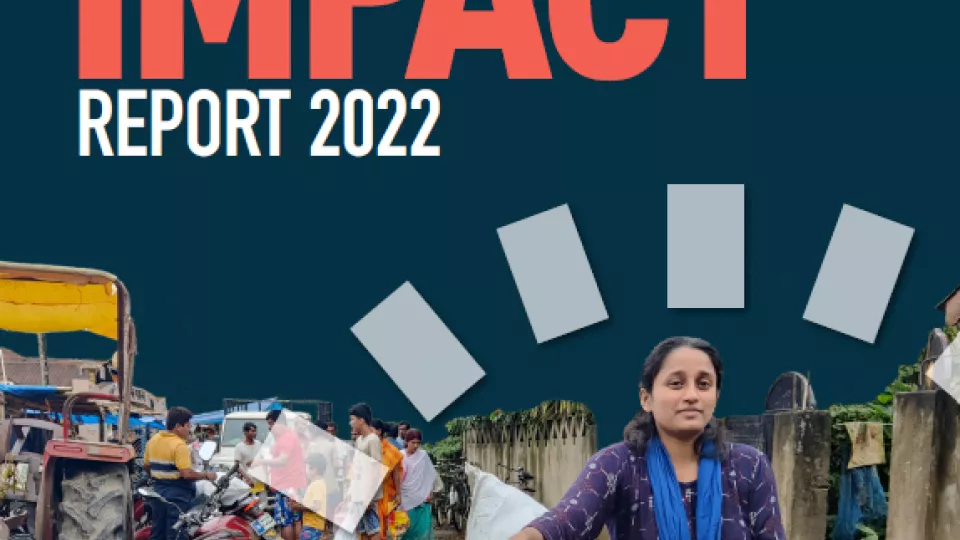
Over the last decade, the humanitarian sector has been heavily impacted by more frequent and severe climate-related crises. We need a more proactive, faster and locally led humanitarian system where communities are supported to analyse risks, create plans and have access to pre-arranged financing to prevent loss of life and livelihoods.